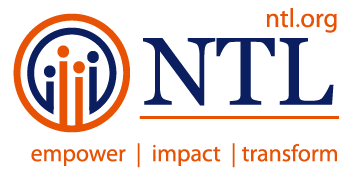For many decades now, the metaphor of the machine has dominated the way we think about the organization and how it functions. We believed organizations could, like machines, be smooth-running, efficient, and effective vehicles for achieving the various ends to which we aspired. Organizational science – through systematic evidence and rational analysis – would supply the plans for building these machines, and organizational development specialists would fix the machines when they malfunctioned and guide them efficiently through the process of change. The machine metaphor was not without utility. If the conditions remained stable, the ends clearly specified, and the participants willing to join in, the vehicle could achieve a certain degree of efficacy, and both repair and transformation could be systematically achieved. However, the world that cradled the machine metaphor is rapidly vanishing. With world-spanning technologies now providing information more rapidly than anyone can absorb, ranges of expert opinion offered without agreement, new ideas sprouting from every corner of the web, skeptical eyes everywhere peeled on organizational activities, and new opportunities and trap-doors emerging with each new day, the idea of the organization as a rationally controlled machine ceases to be viable. It is in this context that we can appreciate the emergence of a social constructionist view of knowledge. The main message of social construction is simple enough: as we communicate together we come to describe the world in particular ways. We also determine what counts as rational, and what ends are good and bad, valuable or threatening. Thus, for any given situation there are multiple descriptions possible, and each may be supported by many good reasons and values. In ruling between competing accounts, we have nowhere to turn. Scientists also negotiate about how to describe and explain what they choose to observe, just as laypersons do. Consider, for example, the dozens of competing theories of economics, each backed by reasoning and data. There is no final word on rationality. This view of reality as social construction is very useful in understanding why the machine metaphor is no longer viable, and in confronting the context of flux in which the contemporary organization struggles. We can see that as technologies bring people into communication from all over the world, multiple views and values are likely to emerge. For every “wise decision” in an organization, there may be dozens of outside groups for whom the decision is unwise. And various groups will generate a range of facts that will support their views, and these too can circulate rapidly around the world. Even within the organization there may be competing rationalities and visions of the “good organization” and the "wise decision." Under such conditions, attempts to fix "the organization" - to perfect the machine - are misguided. So, one may ask, while social constructionist theory does a good job in helping us to understand the current and coming condition, what does it offer in the way of positive advice? How are organizations to remain viable? What is to become of leadership? What can OD professionals offer to them?

